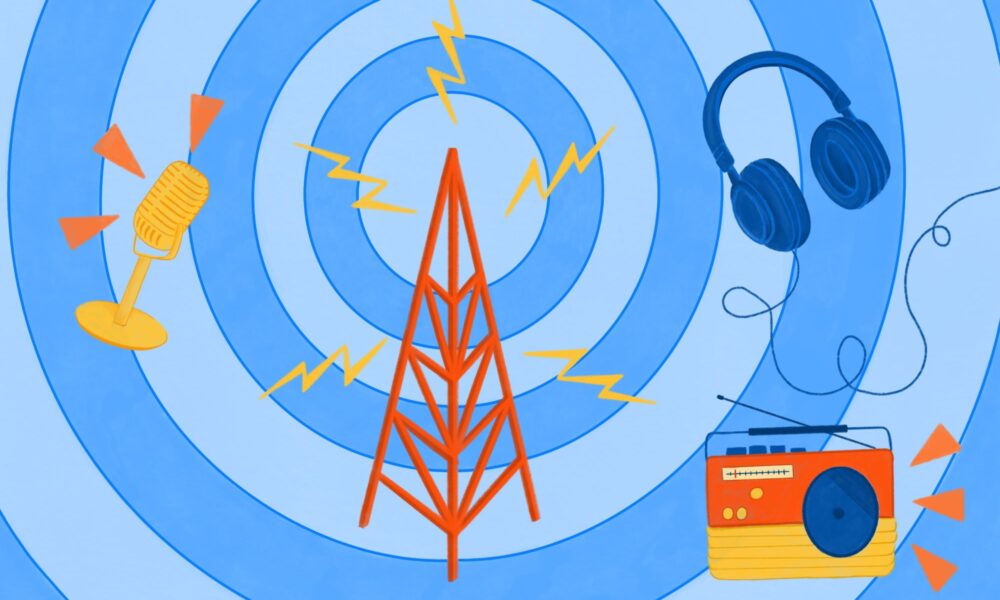On March 22, McGill’s Faculty of Arts hosted a workshop led by Jack Solar, the Spoken Word Coordinator at the campus radio station CKUT 90.3 FM, on the use of a rapidly developing form of information technology: Podcasts. The event was part of the “Public Narrative and Critical Thinking in Times of Hyper Technologization” workshop series, which also included a discussion of artificial intelligence.
Solar began with a history of radio broadcasting, along with an overview of the basics of recording and editing a podcast. This included an explanation of the necessary hardware and software, as well as some tips for content management. For the rest of the presentation, Solar explored the revolutionary potential of podcasts and how we can utilize new technology to spread information across the public sphere.
As Solar explained, CKUT holds significant historical importance in the Montreal community, originating from McGill’s radio club, which was established in 1921. They officially began broadcasting in Nov. 1987 and have been creating and sharing content ever since. Solar highlighted the impact of FM radio, which allows the station to reach audiences as far as the Eastern Townships and upstate New York.
The campus radio station is known for its diverse programming, including advocacy for Black awareness, 2SLGBTQIA+ issues, homelessness awareness, and coverage of student protests.
“We want to speak about things that are challenging,” Solar said in their presentation. “Our goal is not to speak for other people but to put a microphone in front of them and let them tell their stories.”
While traditional FM radio stations have wide public reach, a podcast can be a more accessible way to start making audio content. Having started with just a MacBook and Garageband, Solar emphasized the low barriers to entry of podcasting and the basics needed to start a podcast of your own.
Looking at the technical aspects of production, Solar highlighted that recording, editing, and publishing are the three steps to follow in creating a successful podcast. All you need is a device to record on, a microphone, a place to record, an editing software system, and a platform to post your content to.
Solar emphasizes the importance of finding the purpose of your podcast, defining the topics you want to cover, and identifying your target audience. Think about the “who,” “what,” and “why” of your podcast and how you are going to get people to engage with your story.
Discussing some of the challenges of podcasting, Solar looked at the reality of content creation. Building an audience, making a story that will catch people’s attention, scripting, and finding your style are all factors that need to be considered when developing a new podcast.
“The truth is that podcasting is about marketing, charisma, and character. It is as much about finding your angle as it is about finding your voice,” Solar said.
Solar advises against perfectionism and procrastination and urges podcast enthusiasts to find their unique perspective, original branding, and collaborators to make the podcast authentic, compelling, and impactful for its viewers.
“It’s good to look at the landscape of successful people, see what they’re doing, and learn from them—or counter them,” Solar explained.
Solar advises aspiring podcast creators to emphasize storytelling that captivates audiences and builds a sense of connection among viewers.
Unlike traditional media or news outlets that may focus on negative aspects like reprimanding or shaming audience members, successful podcasts prioritize creating genuine connections and meaningful conversations, rather than promoting divergence.
They concluded by reiterating the workshop’s aim to educate and inspire individuals to use their voices and share meaningful stories. As technology continues to evolve, podcasts can be a tool for education and promoting social change, creating a space to form connections across diverse communities.









